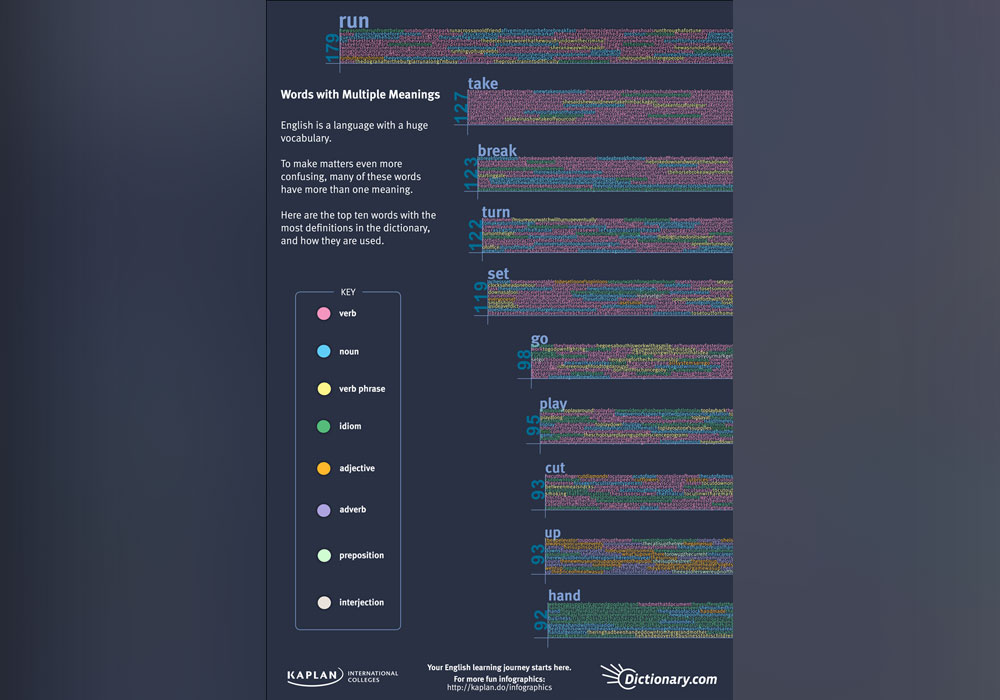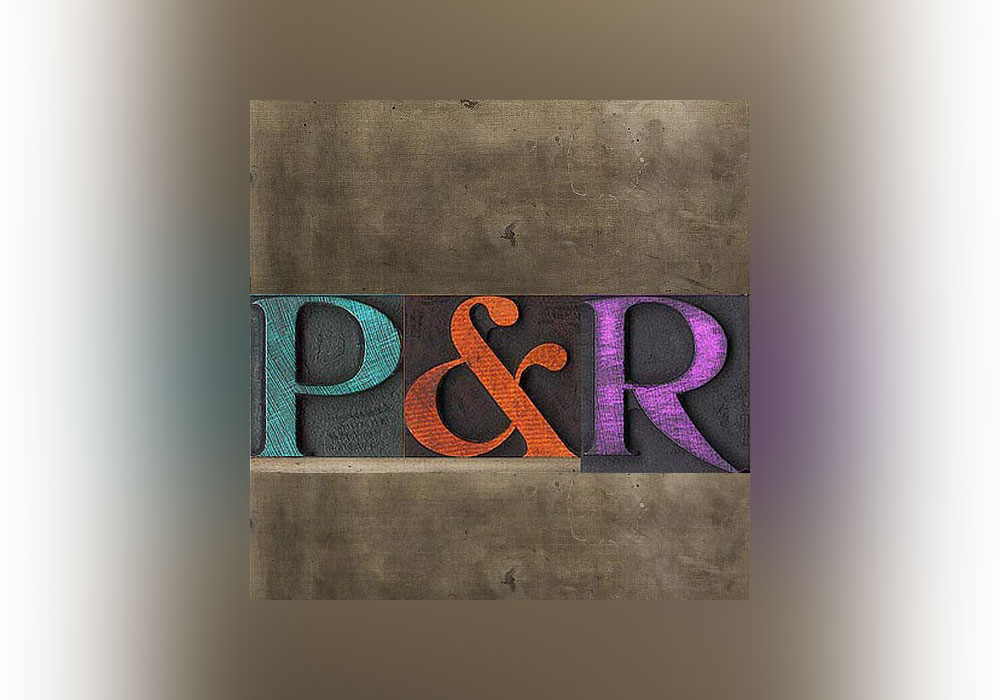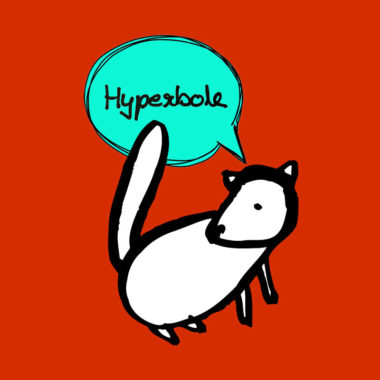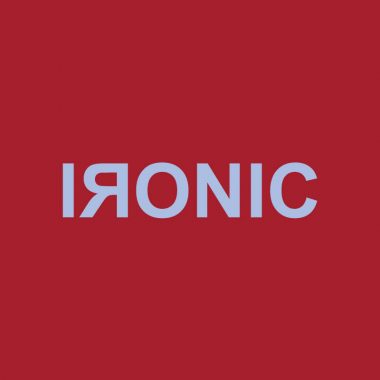Tag Archives: Vocabulary
-
Learn The Strange Link Between The Letters C And G
Can you imagine a world in which the sounds of G and C were both represented by the letter C? Try to imacine it. Believe it or not, for much of their history, the sounds of C and G were represented by the same symbol. Eventually, however, both sounds received their own differentiated symbols. Both G and C have their origin in the Phoenician letter gimel, …
-
Were P And R Once The Same Letter?
Do you ever stop and look at the shape of our alphabet? Each letter looks natural to us now, but all those lines and circles have unique histories. It’s easy to make assumptions that our letters make sense, that they developed in some orderly logical way, and one reasonable assumption would be that P and R are related to each other based on their form.
-
When Did The Letter U Enter The Alphabet?
There was no letter U in the alphabet. Well, that’s not the entire story. There was the sound for the letter we call U, but it didn’t look like U. It looked like V. The Classical Latin alphabet had only 23 letters, not the 26 that we have today. (This is why the W looks like a double V but is pronounced like a double …
-
A Brief History Of The Letter H
Though it’s a high-value letter in Scrabble and Words with Friends, H is a relatively common letter. Statistically speaking, it is the eighth most commonly used letter in the English language. That’s because H is usually paired with other consonants like wh, ch, sh, and gh. H is found in the most common two-letter pair (th) and in the most common three-letter combination (the). (The letter …
-
Is It Ever OK To Say “Didja”?
Didja ever think that there are ways of speaking that feel perfectly comfortable . . . but that would seem wrong if you wrote them down? Sorta like the way this sentence is written. Lemme tell you ‘bout this very phenomenon, relaxed pronunciation. Pronunciation is defined as “the conventional patterns of treatment of the sound and stress patterns of a syllable or word.” Relaxed pronunciation, …
-
How Does The English Language Handle Gender Identity?
Transgender issues are nothing new, but many of the words surrounding how we talk about gender identity are relatively young … at least by dictionary standards. In conversational use as early as the 1960s, transgender entered the dictionary in the early 1990s. Trans- is a Latin prefix meaning “across or beyond.” Gender shares the same Latin root as genus. Someone who is transgender does not …
-
What Is Hypocatastasis?
Metaphors and similes are figures of speech used to add flair and humor to a phrase. These popular rhetorical devices are all well and good, but sometimes you just need to get to the point; enter hypocatastasis. What is hypocatastasis? Linguistically, both a hypocatastasis and a metaphor imply “a resemblance, representation or comparison.” However, hypocatastasis packs more of a punch than a metaphor because it uses …
-
Weasel Words And Other Ways We Avoid Telling The Truth
Most of us know what the word lying means, but what happens when someone carefully skirts the truth instead of telling a bold-faced whopper? Politicians, in particular, are well-known for making use of equivocal language as a way of hiding their true actions. What other ways can we describe language that hides the truth? What is hyperbole? Tweens and teens tend to use hyperbole, otherwise …
-
What’s The Grossest Sounding Word In English?
Awhile ago, we asked readers to share their choices for the most beautiful sounding word in English. Nearly 500 of you shared your favorites, which included the lyrical, delightful, and uplifting. Some of you also shared your least favorite words. “I would like to vote ‘moist’ as the most gross sounding word in the English language,” wrote in Jack. Good point, Jack. It’s time to talk about …
-
Is Ironic The Most Abused Word In English?
“That is sooooo ironic.” This sentence is used frequently—and usually incorrectly—in American English. Often the word ironic is misused to remark on a coincidence, such as This is the third time today we’ve run into each other. How ironic. It is also mistakenly used to describe something out of the ordinary or unusual: Yesterday was a beautiful, warm day in November. It was really ironic. …
-
What The “X” In “Xbox” Stand For?
No letter in the English language gets around like X. The 24th letter of the alphabet shows up everywhere, from the popular Xbox to standing in for a signature on legal documents. It represents a chromosome, signifies the multiplication process, and marks “the spot” on treasure maps. Let’s explore just a few of the uses of this versatile letter.









